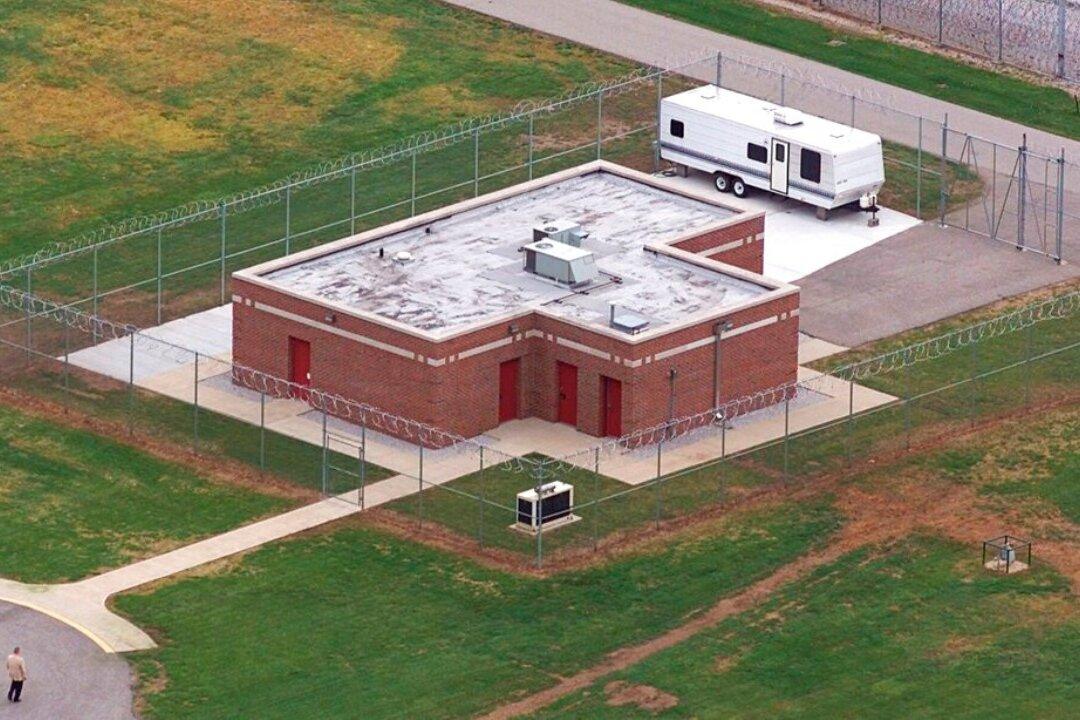WASHINGTON—The Justice Department filed an emergency motion with a federal appeals court on Saturday seeking to move forward with the first federal execution in nearly two decades.
Daniel Lee, 47, had been scheduled to die by lethal injection on Monday at a federal prison in Indiana. He was convicted in Arkansas of the 1996 killings of gun dealer William Mueller, his wife, Nancy, and her 8-year-old daughter, Sarah Powell.





